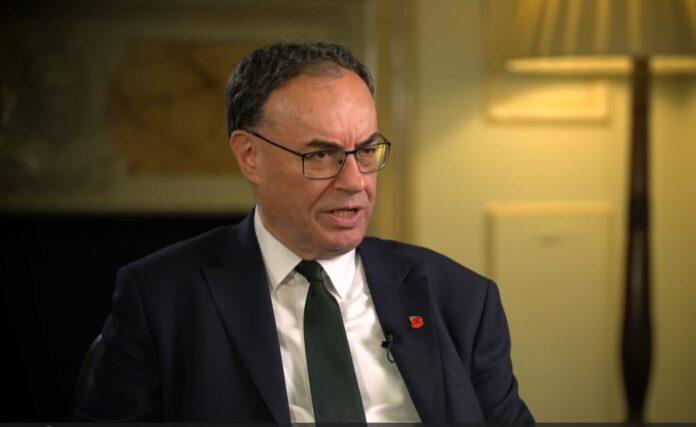Bank of England Governor Andrew Bailey said on Friday that while the newly concluded trade deal between the United States and Britain is a positive step, it still leaves tariffs on most British exports to the U.S. higher than before the recent changes.
Speaking at an economics conference in Reykjavik, Bailey welcomed the agreement but emphasized that the overall effect is still a net increase in tariff levels compared to earlier arrangements.
The deal, announced on Thursday, will keep a new 10% tariff on most British goods entering the U.S. but includes reductions on higher tariffs previously imposed on British cars, steel, and aluminium. Prior to the agreement, the Bank of England had estimated that the tariff measures proposed by U.S. President Donald Trump as of April 29 would reduce Britain’s GDP by around 0.3% over three years.
The central bank said that roughly two-thirds of the economic impact would stem from indirect effects—namely, the disruption to Britain’s other trading relationships—rather than from direct U.S. tariffs.
Bailey acknowledged the relative benefit of the agreement in light of these risks but cautioned that it still reflects a step back in terms of market openness. He reiterated his long-held position in favor of a liberal global trading system and addressed concerns over persistent trade imbalances, especially large surpluses maintained by some countries.
In a separate interview with the BBC published earlier on Friday, Bailey said the UK should take all possible measures to reverse the sharp decline in goods exports to the European Union that followed Brexit. While goods exports make up a smaller portion of the UK economy compared to other countries, Bailey stressed that Britain remains heavily dependent on the health of the global economy.
He concluded that the ultimate impact of recent trade developments on the UK outlook depends not only on Britain’s own trade deals but also on what agreements are reached internationally.




